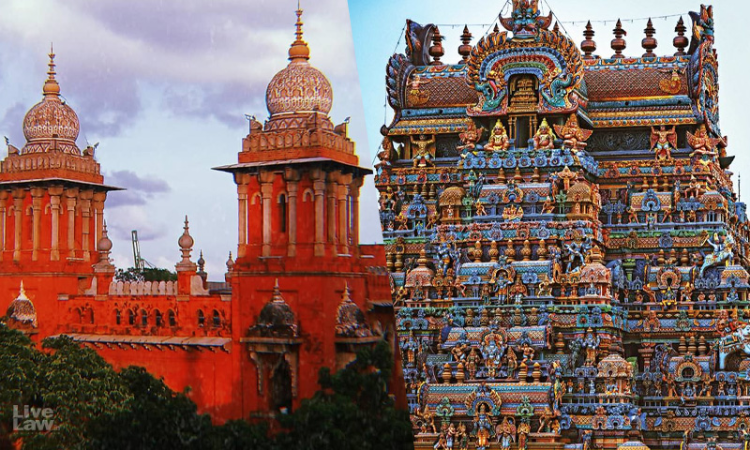The Madras High Court on Thursday ordered the Tamil Nadu government to refrain from taking any decision on melting temple jewellery into gold bars, as part of the recently announced Gold Monetisation Scheme, until Trustees are appointed to Hindu temples in the State. A Bench of Chief Justice Sanjib Banerjee and Justice PD Audikesavalu was adjudicating upon a batch of public interest...

